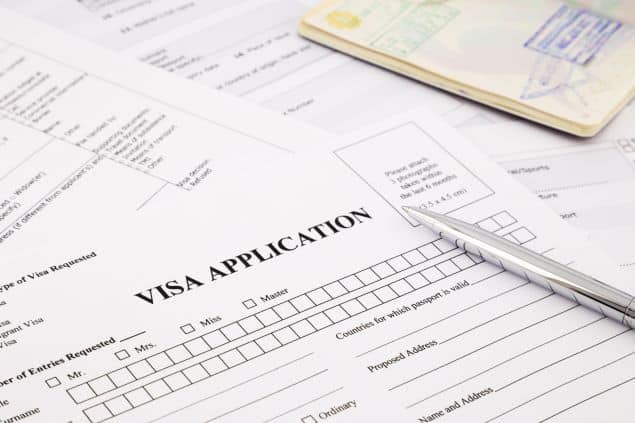Financial Documents You Will Need for a U.S. Student Visa
Thursday | July 24, 2014 | by WES Advisor

If you have been accepted to a U.S. university and now need to get your student visa, WES Advisor is here to help!
Now that you have been admitted, the U.S. university should have provided you with an I-20 form. You will need to get your financial documents together to successfully pass the visa interview. The following explains some of the common financial documents that you will be asked to show depending on how you plan to fund your studies. You will need these documents in order to prove that you have adequate financial resources to fund your study abroad.
When applying to universities in the U.S., many admissions offices will request that you submit a financial document with your application. After you are admitted, the university will then provide you with a document known as the Certificate of Eligibility for Nonimmigrant (F-1) Student Status-For Academic and Language Students or I-20 for short.
If you look in section 7 of the I-20 form provided, you will see the amount of funding you must have available to cover your first-year expenses. This includes tuition and fees, living expenses, expenses of dependents and other expenses. You must be able to prove that you have immediate funds available to cover this amount.
In addition to the I-20, check with the U.S. embassy or consulate in your country for recommendations of other financial documents to provide. Types of financial documents can vary among countries so your local U.S. embassy will know best. However, here are some of the possibilities.
You may need to collect some of your parents’ or sponsors’ financial documents. These could include their original bank records and tax returns from the past three years. You may also need to get their pay slips, employment letters, and chartered accountant statements.
Have you have received a scholarship, fellowship, assistantship, grant, or loan? Congratulations!
However, it is necessary for you to provide a confirmation letter or form that financial aid will be available as long as the program is pursued. If you have taken a loan from a bank to cover your tuition, please take your application and the official documents which verify the loan approval with you. If you are financially supported by an individual in the U.S., you will need to bring a notarized I-134 form along with three years of that individual’s bank statements and tax returns.
Paying the tuition expense in advance is a good way to show proof of funds, but remember—it is NOT a requirement to pay in advance.
This may seem like a lot but do not get overwhelmed. Keep all the different papers and forms organized. Good luck!